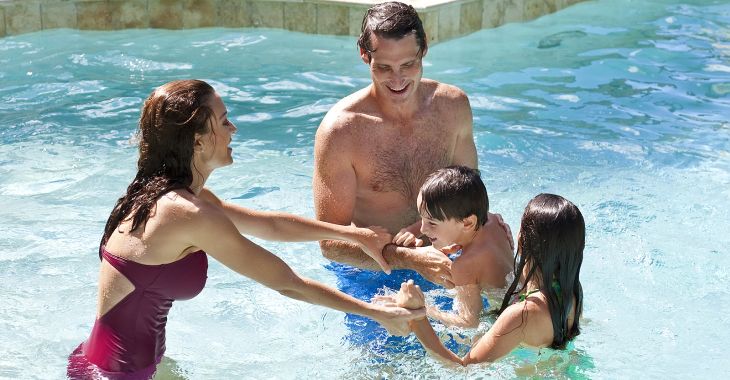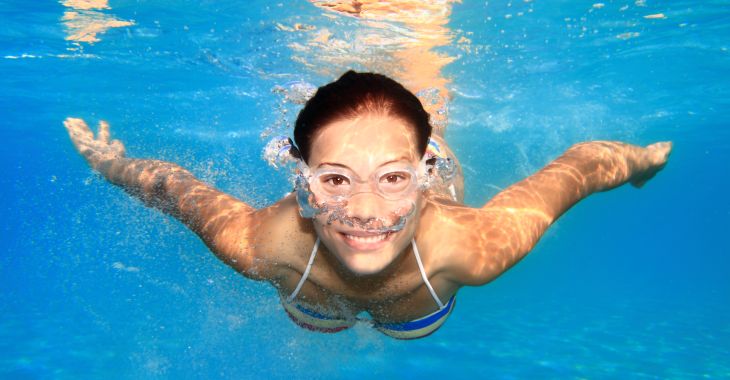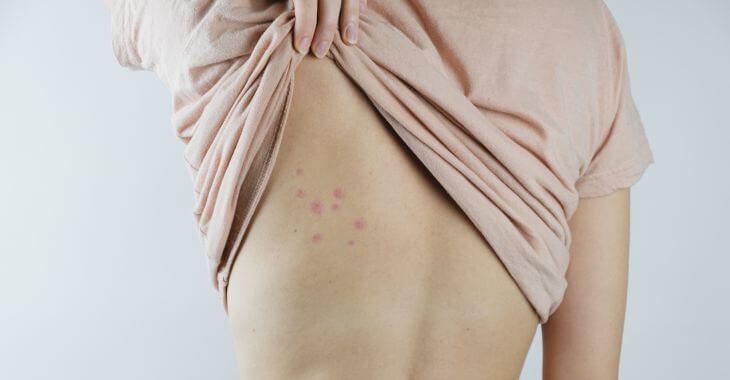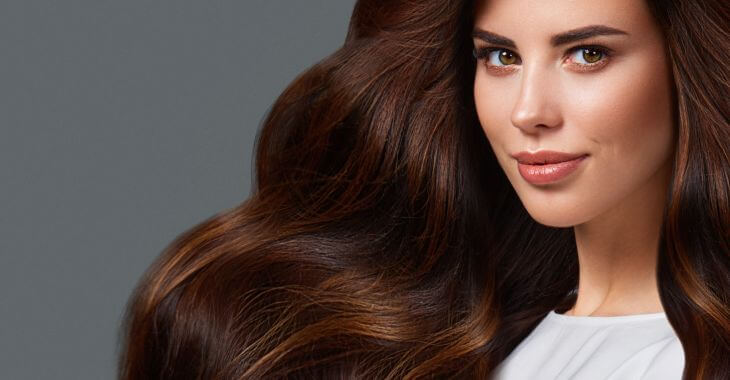Is Chlorine Bad for Your Skin?

Chlorine is a common disinfectant used in swimming pools to keep the water clean and free from harmful bacteria. While it’s effective in maintaining a safe swimming environment, many people wonder, “Is chlorine bad for your skin?”
This article explores the effects of chlorine on your skin and whether swimming regularly can cause skin issues. We will also explore symptoms, treatments, prevention techniques and when to seek care from a doctor or dermatologist.
What is Chlorine?
Chlorine is a chemical element commonly used in disinfectants and cleaning agents. In swimming pools, chlorine helps kill bacteria, viruses, and other pathogens, making the water safe for swimmers. However, this chemical can have varying effects on different skin types.
How Does Chlorine Affect the Skin?
When you swim in a chlorinated pool, your skin absorbs chlorine. This can lead to several potential skin issues, especially if you swim frequently. Understanding these effects can help you take better care of your skin after swimming. The effect and symptoms include the following:
Dryness and Irritation
Chlorine can strip away the natural oils from your skin, leading to dryness and irritation. This is because chlorine breaks down the lipid barrier of the skin, which normally helps retain moisture. People with sensitive skin might notice more pronounced effects.
Allergic Reactions
Some individuals may develop an allergic reaction to chlorine. Symptoms can include red, itchy skin, hives, and even respiratory issues. If you notice these symptoms after swimming, it’s essential to consult a dermatologist for advice.
Chlorine and Skin Aging
Prolonged exposure to chlorine can accelerate skin aging. Chlorine can damage skin cells and reduce collagen production, leading to premature wrinkles and fine lines. Using skincare products that protect and repair the skin can help mitigate these effects.
Chlorine and Hair Health
Chlorine doesn’t only affect the skin; it can also damage your hair. It strips the natural oils from your hair, leading to dryness, brittleness, and potential hair breakage. Using a swim cap and a clarifying shampoo can help protect your hair.
Is Swimming Bad for Your Skin?
Swimming in chlorinated pools isn’t inherently bad for your skin, but frequent exposure can exacerbate certain skin conditions. For instance, people with eczema or dermatitis may find that chlorine worsens their symptoms, causing more irritation and dryness.
Is Swimming Everyday Bad for Your Skin?
Swimming every day can be bad for your skin if you don’t take proper precautions. The constant exposure to chlorine can lead to chronic dryness, irritation, and potentially long-term skin damage. However, with the right skincare routine, you can minimize these effects.
Tips for Protecting Your Skin
There are ways to minimize chlorine damage to your skin and hair. Here are a few tips for avid swimmers to avoid potential skin damage from chlorine:
- Shower Before Swimming: Rinsing off before you swim can reduce the amount of chlorine your skin absorbs.
- Apply a Barrier Cream: Using a waterproof barrier cream or lotion can provide an extra layer of protection against chlorine.
- Rinse Off Immediately: After swimming, rinse off thoroughly to remove any residual chlorine from your skin.
- Moisturize: Apply a hydrating moisturizer immediately after rinsing off to replenish lost moisture.
- Use Gentle Cleansers: Opt for mild, hydrating cleansers to avoid further stripping your skin of natural oils.
Maintaining Skin Health
Maintaining skin health involves more than just addressing chlorine exposure. A balanced diet, adequate hydration, and a regular skincare routine are essential. Antioxidants in your diet and skincare products can help combat the oxidative stress caused by chlorine.
Long-term Effects of Chlorine Exposure
Long-term exposure to chlorine can lead to more severe skin issues. Persistent dryness can make the skin more prone to cracks and infections. It’s crucial to address any skin problems early to prevent them from becoming chronic.
Alternatives to Chlorinated Pools
If you’re concerned about the effects of chlorine, consider swimming in saltwater pools or natural bodies of water. Saltwater pools use salt to generate chlorine at lower levels, which can be gentler on the skin. However, natural bodies of water come with their own set of risks and benefits.
Consulting a Dermatologist
If you experience persistent skin issues from swimming, it’s wise to consult a doctor, specifically a dermatologist. They can provide personalized advice and recommend treatments to protect your skin and hair from chlorine damage.
Is chlorine bad for your skin? The answer depends on your skin type and how you manage your skincare routine. While chlorine is effective in keeping swimming pools safe, it can have adverse effects on your skin, especially with frequent exposure.

By taking proactive steps, you can enjoy swimming without compromising your skin’s health. If you have further concerns about the effects of chlorine on your skin and hair, consider consulting a dermatologist.
The information provided on this website, including text, graphics, images, and other materials, is intended solely for informational purposes and should not be used as a substitute for professional medical advice, diagnosis, or treatment.




)